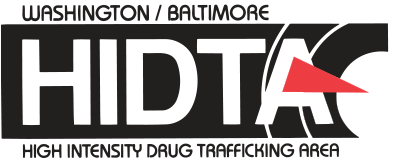
ONDCP Releases First Year Drug Policy Priorities
At this critical time, when the latest provisional data from the U.S. Centers for Disease Control and Prevention’s National Vital Statistics System show that 88,000 people died of an overdose in the 12-month period ending August 2020, the Biden-Harris Administration has released its drug policy priorities for the next year. These priorities propose specific and targeted actions to reduce overdoses and promote recovery.
The Administration’s April 1st release lists the following priorities:
- Expanding access to evidence-based treatment, particularly medication for opioid use disorder.
- Advancing racial equity in our approach to drug policy. This includes identifying unmet needs related to drug policy in diverse communities, developing priorities for criminal justice reform, and identifying culturally competent, evidence-based practices for Black, Indigenous, and People of Color across the continuum of care that includes prevention, harm reduction, treatment, and recovery services.
- Enhancing evidence-based harm reduction efforts. This includes supporting Syringe Services Programs, examining availability of the lifesaving overdose antidote naloxone, and promoting research on emerging harm reduction practices.
- Supporting evidence-based prevention efforts to reduce youth substance use. This includes ensuring programs receiving Federal grant funding are using evidence-based approaches, and identifying opportunities for the Drug-Free Communities Support Program to enhance culturally competent prevention programming.
- Reducing the supply of illicit substances. This includes working with key global partners such as China, Colombia, and Mexico to curb illicit drug production and trafficking, supporting local law enforcement to disrupt and dismantle domestic drug trafficking networks, and strengthening efforts to halt illicit Internet drug sales.
- Advancing recovery-ready workplaces and expanding the addiction workforce. This includes reducing the barriers to employment for people in recovery from addiction, requesting that agencies support training for clinicians in addiction and identify vocational programs that can expand the addiction workforce, and seeking opportunities to expand the workforce of bilingual prevention professionals and peer specialists.
- Expanding access to recovery support services. This includes working with partners to develop sustainability protocols for recovery housing, including certification, payment models, evidence-based practice, and technical assistance.
The report also specifically mentions supporting “law enforcement efforts through the High Intensity Drug Trafficking Areas (HIDTA) program” to disrupt and dismantle domestic drug trafficking networks. More information on the Administration’s priorities is available online here.
